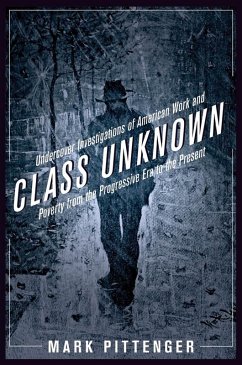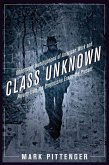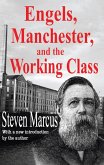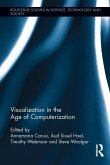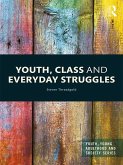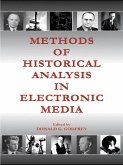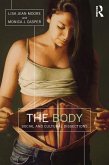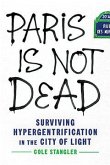Since the Gilded Age, social scientists, middle-class reformers, and writers have left the comforts of their offices to "pass" as steel workers, coal miners, assembly-line laborers, waitresses, hoboes, and other working and poor people in an attempt to gain a fuller and more authentic understanding of the lives of the working class and the poor. In this first, sweeping study of undercover investigations of work and poverty in America, award-winning historian Mark Pittenger examines how
intellectuals were shaped by their experiences with the poor, and how despite their sympathy toward working-class people, they unintentionally helped to develop the contemporary concept of a degraded and "other" American underclass.
While contributing to our understanding of the history of American social
thought, Class Unknown offers a new perspective on contemporary debates over how we understand
and represent our own society and its class divisions.
intellectuals were shaped by their experiences with the poor, and how despite their sympathy toward working-class people, they unintentionally helped to develop the contemporary concept of a degraded and "other" American underclass.
While contributing to our understanding of the history of American social
thought, Class Unknown offers a new perspective on contemporary debates over how we understand
and represent our own society and its class divisions.
Dieser Download kann aus rechtlichen Gründen nur mit Rechnungsadresse in A, D ausgeliefert werden.

